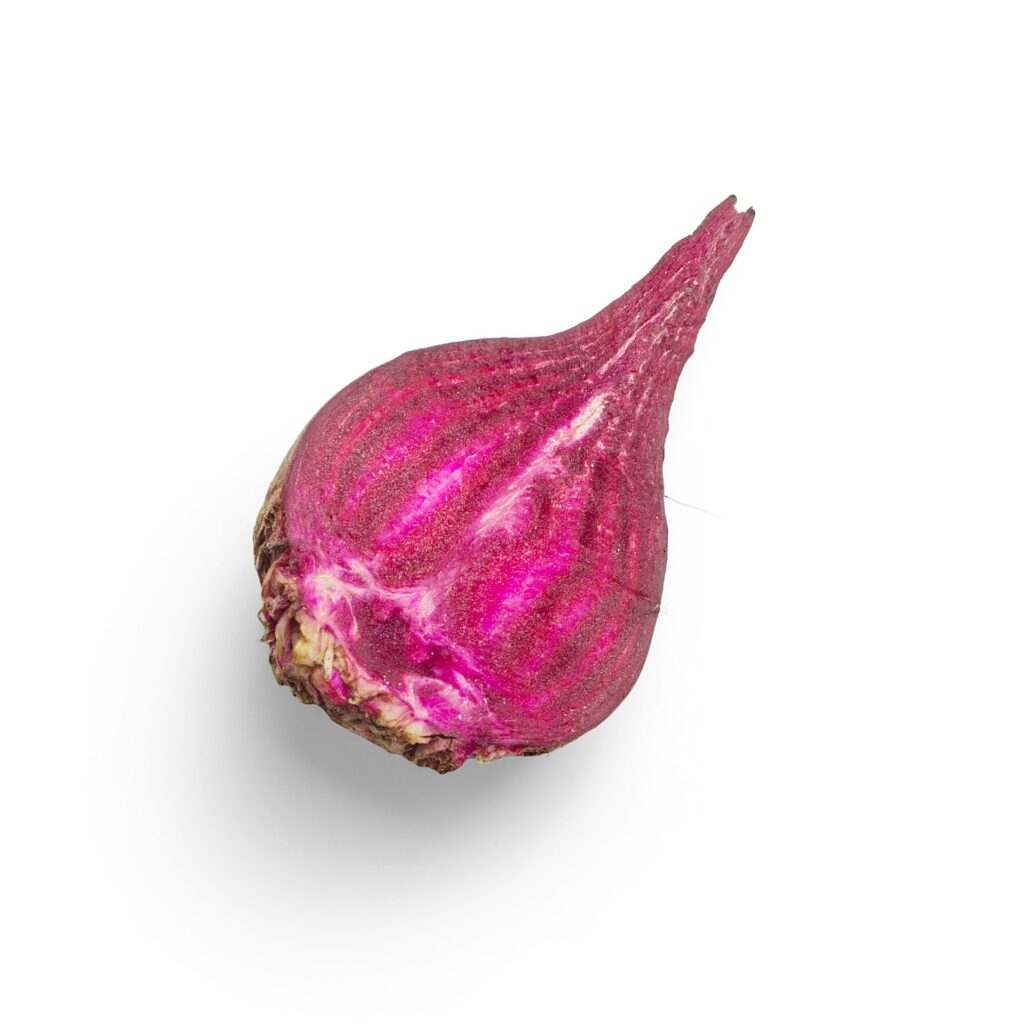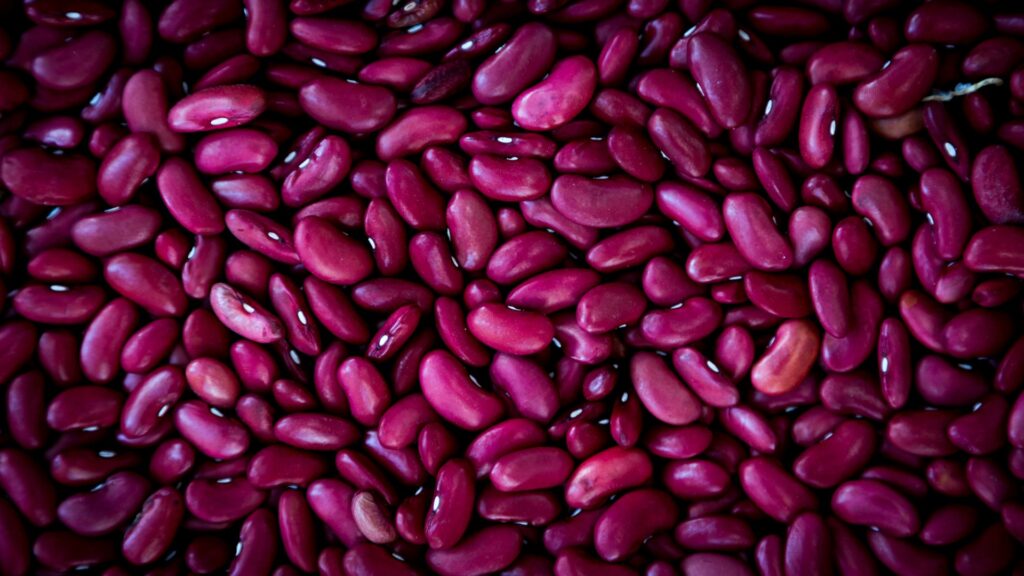Kidney stones and other kidney-related issues are on the rise, with millions of people struggling to manage symptoms and prevent recurrences. While conventional medicine often prescribes medications to manage pain or reduce stone formation, the real solution may lie in what you eat. A low-oxalate diet is one of the most effective ways to support kidney health naturally and prevent painful stones.
What Are Oxalates?
Oxalates are naturally occurring compounds found in many plant-based foods. While they’re harmless for most people, those with kidney stone risks or compromised kidney function may struggle to eliminate oxalates effectively. When oxalates bind with calcium in the kidneys, they can form calcium oxalate kidney stones, the most common type of kidney stone.
Signs You Might Need a Low-Oxalate Diet
- Recurring kidney stones
- Chronic kidney pain
- Interstitial cystitis or bladder irritation
- Joint pain or inflammation linked to oxalate deposits
- Gut issues, as poor digestion can increase oxalate absorption
Best Low-Oxalate Foods for Kidney Health
If you’re looking to reduce your oxalate intake, focus on whole, kidney-friendly foods that nourish the body without increasing stone risk.
Low-Oxalate Vegetables
- Cabbage
- Cauliflower
- Zucchini
- Mushrooms
- Lettuce
Low-Oxalate Fruits
- Apples
- Cherries
- Melons
- Peaches
- Grapes
Kidney-Friendly Proteins
- Eggs
- Chicken
- Fish
- Grass-fed beef
Other Kidney-Supporting Foods
- White rice (lower in oxalates than brown rice)
- Herbal teas like chamomile and peppermint
- Dairy (calcium binds to oxalates in the gut to reduce absorption)
Foods High in Oxalates to Avoid
While some high-oxalate foods are healthy, limiting these can reduce kidney stone formation:
- Spinach (one of the highest oxalate foods!)
- Almonds and nuts
- Sweet potatoes
- Beets
- Dark chocolate and cocoa
- Black tea
- Whole wheat products

Additional Strategies for Kidney Health
Beyond a low-oxalate diet, there are several natural ways to support kidney function:
1. Stay Hydrated
Water helps flush excess oxalates and prevent crystal formation. Aim for at least 2-3 liters per day, preferably with lemon juice, which contains citrate to help prevent stones.
2. Balance Calcium Intake
Contrary to popular belief, calcium is not the enemy. In fact, consuming calcium-rich foods like dairy can prevent oxalates from being absorbed in the gut, reducing stone risk.
3. Improve Gut Health
Poor digestion can increase oxalate absorption. Consider probiotics, digestive enzymes, and avoiding gut irritants like gluten and processed foods.
4. Reduce Vitamin C Overload
Excess vitamin C converts to oxalates in the body. Avoid high-dose supplements (over 500mg/day) if you’re prone to kidney stones.
5. Prioritize Magnesium and Potassium
Magnesium helps prevent stone formation, while potassium supports overall kidney function. Good sources include avocados, bananas, and grass-fed meats.
Take Back Control of Your Health
Preventing kidney stones and maintaining kidney health is possible through the power of lifestyle choices. A low-oxalate diet, hydration, and gut health strategies can help you avoid unnecessary medications and painful interventions.
Take back control of your health with lifestyle as medicine. ProjectLx empowers you to heal with evidence-backed, non-pharmaceutical strategies. Your time to heal is now. Join ProjectLx.com today.
